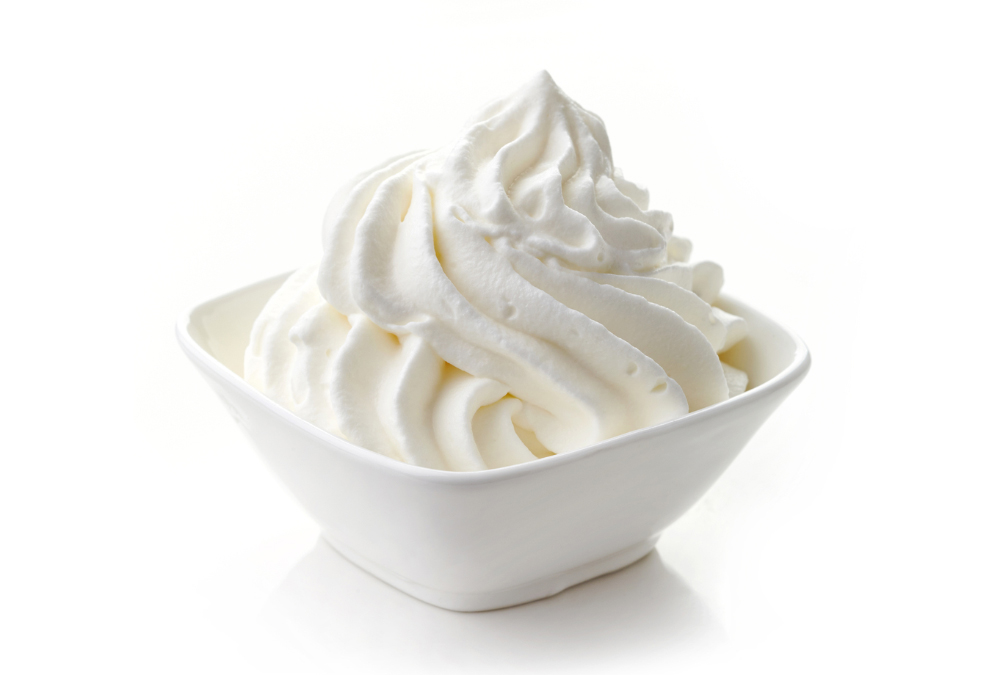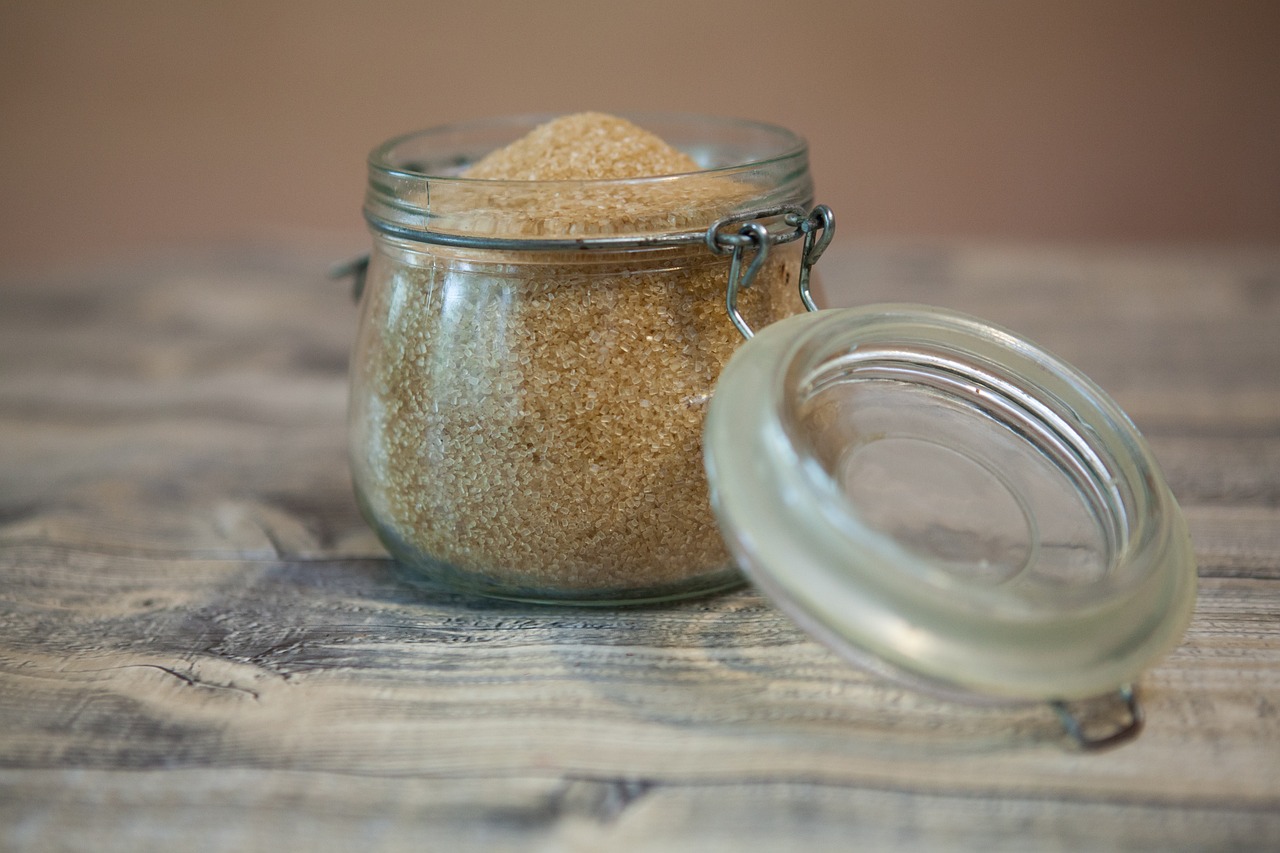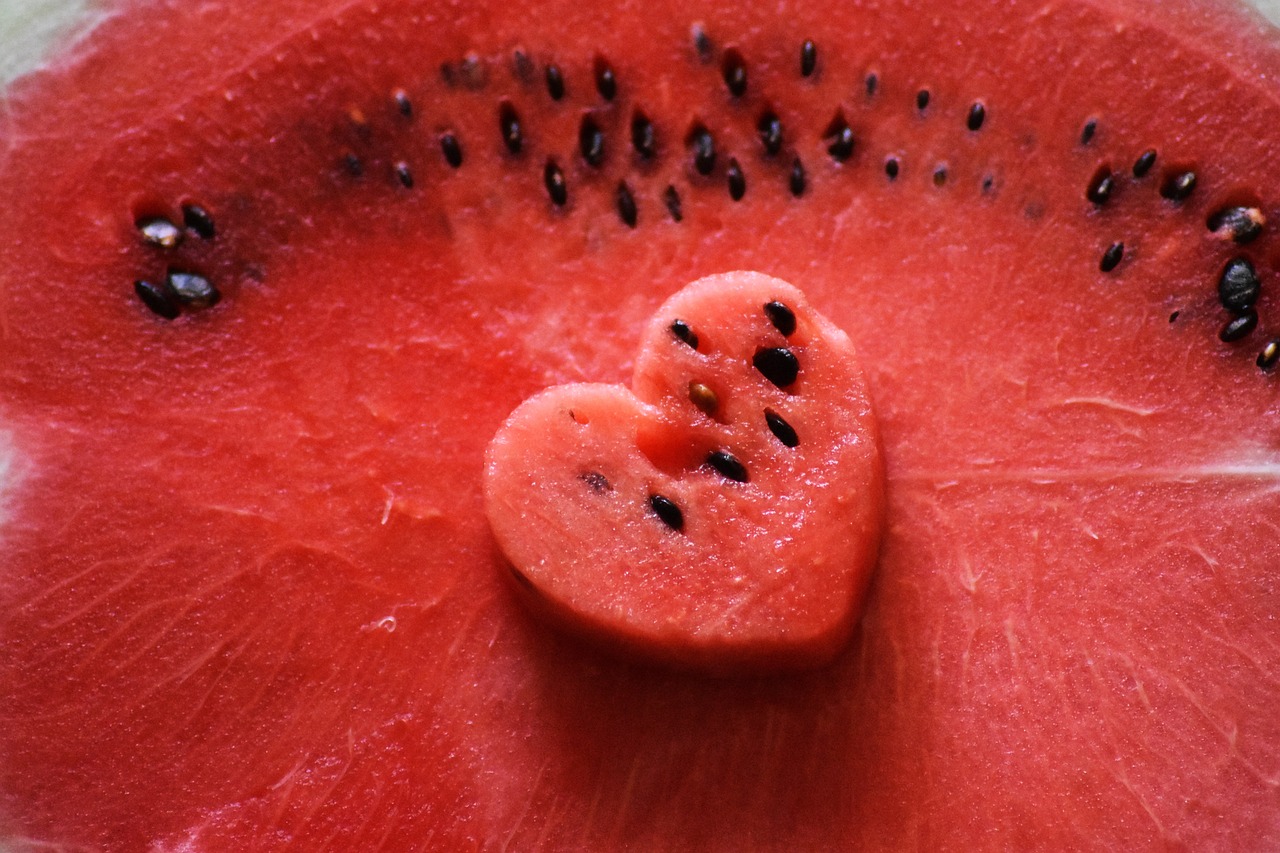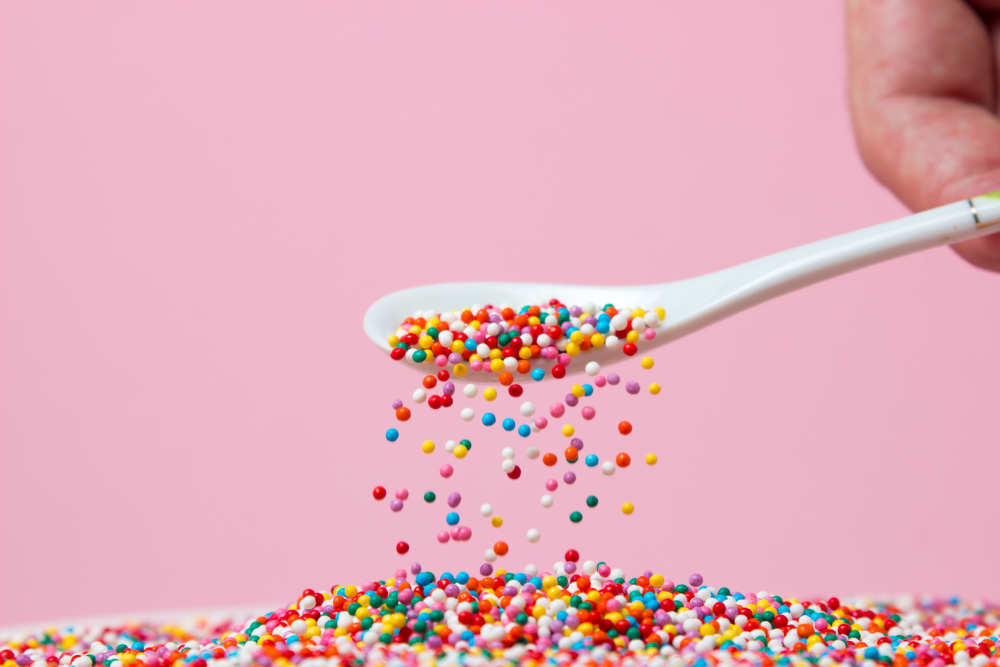Click to Skip Ahead
Cool Whip is a summer favorite—a perfect topping for all hot weather treats! It is no wonder that our dogs want a dollop for themselves! If your dog got into the goodies or you just want to spruce up your dog’s palette with a lick of a sweet treat, can Cool Whip be a suitable option?
As you know, Cool Whip is a dairy product packed with sugar. Cool Whip is non-toxic, but it can be upsetting to some pups’ systems. We recommend only feeding Cool Whip as an occasional treat (like a Pup Cup) or steering clear altogether, and we’ll give the details as to why.
Dogs Can Eat Cool Whip in Moderation
Dogs most commonly eat Cool Whip by sneaking some off of the counter or one of your desserts when you aren’t looking, or when they are given a Pup Cup. Cool Whip is non-toxic and is safe for dogs to eat in small amounts.
But it is also unhealthy—so let’s be clear! Even though a dollop or even a container of Cool Whip is unlikely to cause any real harm, it can cause some gastric upset and weight gain if fed in large amounts and frequently.
Remember, Cool Whip is a dairy product and dairy and dogs sometimes don’t mix—and it is worse for some dogs than others.

Some Versions of Cool Whip are Potentially Toxic
We certainly want to make our readers aware that even though regular Cool Whip by itself is non-toxic, that doesn’t mean that every version is. Xylitol is an artificial sweetener commonly used in low-sugar or sugar-free products, and it is highly toxic to dogs.
Standing in as a replacement for sugar, xylitol gives the taste of sweet without the extra calories. Many companies use artificial sweeteners because they can market them as low-sugar products, appealing to a wider variety, especially for health-conscious people.
However, when they use artificial sweeteners, it can wreak havoc on your pet’s system. Xylitol is one of the most dangerous substances for dogs in some sweet treats that we often don’t even realize is there. Even small amounts of xylitol can cause a dog’s blood sugar levels to plummet to dangerously low levels. It can also cause liver failure.
So, if you are thinking about giving your dog a taste, sweep the ingredients list to make sure xylitol isn’t among them. Xylitol can also go by other names including wood sugar, birch sugar, and birch bark extract.
Benefits of Dogs Eating Cool Whip
To be honest, there aren’t a lot of benefits to dogs eating Cool Whip. Cool Whip and other whipped cream treats are fine in the occasional Pup Cup as a way to spoil and indulge your dog. That’s really the only benefit. Cool Whip isn’t exactly healthy for dogs, and it contains no nutrients that dogs need outside of their standard diet. So, it’s best served in moderation.

Downsides of Dogs Eating Cool Whip
To fully understand why dogs should not have Cool Whip as more than just an occasional treat, we should learn a bit more about two things: sugar and lactose.
Sugar
Sugar itself is not toxic for dogs, but just like for us humans, sugary treats are not good for them. Excess sugar upsets the natural balance of bacteria that is used to digest food in the digestive system. If your dog has too much sugar, it can lead to stomach upset, excess gas, diarrhea and vomiting. If your dog consumes sugary treats like Cool Whip regularly, it can lead to weight gain, obesity and related health conditions such as arthritis, heart disease and diabetes.
Sugary treats like Cool Whip are just empty calories for your pup, providing no nutritional benefits.
Lactose
Many humans are lactose intolerant, and many adult dogs are the same. Lactose intolerance is caused by a lack of the enzyme lactase which means the body can’t break down lactose in milk and other dairy products and digest it.
Does that mean that lactose is toxic? No, but dogs that are lactose intolerant will have very unpleasant signs after eating or drinking milk and milk products and therefore they are best completely avoided. Signs include abdominal pain, bloating, diarrhea and vomiting.
Conclusion
Now that you understand how Cool Whip can affect your dog, you can make the decision to give them a taste or say no. Keep in mind that traditional Cool Whip has lactose and sugar in it, which is harmful for your dog’s system in large amounts.
However, some Cool Whip varieties may even be toxic! If a particular Cool Whip contains an artificial ingredient called xylitol, it can prove to be extremely dangerous, and even deadly if consumed in large quantities. So, we suggest saying no to those begging pup eyes when it comes to Cool Whip, especially if you don’t know what’s in it.
See Also:
Featured Image Credit: Brent Hofacker, Shutterstock













